06 Feb 2020
Agroecology: high throughput phenotyping for a sustainable and productive agriculture
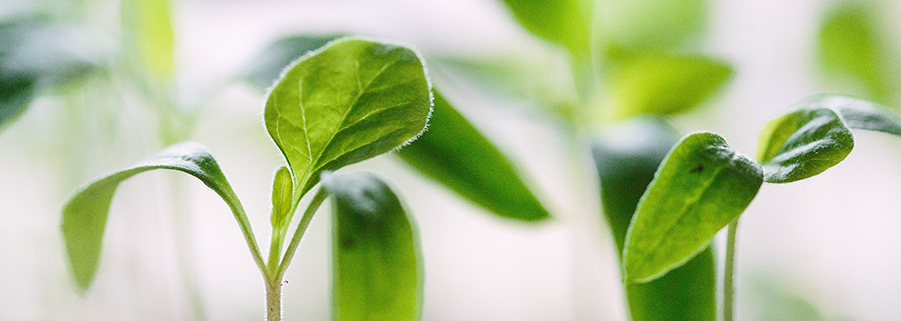
Have you ever heard of high throughput phenotyping? This high-tech imaging technique, of which INRAE (French research institute of agriculture, food and environment) in Dijon is a leading expert, helps study a plant from every possible angle without destroying it. This innovative method contributes to a faster and more accurate selection of plants, for a more sustainable and productive agriculture.
Here is an overview of this topic with our expert Christophe Salon, INRAE Research Director, and scientific director of the high throughput phenotyping platform, known as 4PMI (Plant Phenotyping Platform for Plant and Microorganisms Interactions).
Varietal selection: essential… but time-consuming
For centuries, human beings have been choosing the most interesting plants using empirical data based on the relevant usage (food, textile etc.): plants that grow faster, are more resistant, produce more fruit… in other words we make a selection based on “phenotype”.
A phenotype is the expression of genes (genotype) depending on the environment. Phenotyping can be structural, such as the characteristic of having green, large and well spread leaves for a plants with adequate access to nutrition and water. It can also be functional, such as the ability to absorb water and minerals through the roots. Thanks to varietal selection, it is possible choose one or another phenotyping characteristic. However, varietal selection is complex, as it depends on environmental and meteorological aspects, and time-consuming… it can take up to 10 years!
The efficiency of varietal selection programmes can be increased by using controlled conditions (in a greenhouse, or in a climatic room) together with high throughput phenotyping.
The many benefits of high throughput phenotyping
The benefits of high throughput phenotyping are multiple:
- Controlling growing conditions of plants: “We can measure at the same temperature, with the same degree of brightness, and the same quantity of nutritive We can control the environment to focus on both phenotype and genotype in order to carry out a selection of a plant species,” explains Christophe Salon.
- Time Saving. The use of high throughput phenotyping makes the plant selection process twice as fast. “Through our system, we can phenotype 1200 plants per day, which makes us the fastest phenotyping platform in the world,” says Christophe Salon.
- Identifying the perfect plant? By Identifying a plant’s root features, “we can select from among all the plants we are observing the ones that would be the most resistant to a certain stresses or the most productive,” explains Christophe Salon.
A gentle and sustainable technique
High throughput phenotyping also helps to preserve the plant by studying it in a gentle way.
Previously, phenotyping platforms would need to “destroy” a plant, dissecting all the different parts (leaves, roots, stems), to analyse and measure them, in order to select the phenotype. High throughput phenotyping uses imaging technique for both functional and structural aspects. “The high throughput phenotyping Platform in Dijon carries out a structural phenotype with, for example, 3D observation of plants to measure the shape, the leaf area, the biomass and the quantity of fruits”, explains Christophe Salon. “Over time, we are able to identify how the green surface area, flowering, fruit maturation and their final weight”.
Thanks to high throughput phenotyping, scientists can identify varietals, for example in the legume family, that match with soil microorganisms to avoid using agricultural chemicals. “This allows us to both decrease greenhouse gas emission and our energy consumption,” says Christophe Salon.
Christophe Salon
From biochemistry to high throughput phenotyping
After a thesis in biochemistry, cell and molecular physiology at the INRA of Bordeaux, Christophe Salon started his carrier in the biology and computing sectors, before coming back to research. He spent 3 years in Canada to work on cyanobacteria, and later became senior scientist at the Agroecology joint research unit of INRA Dijon in 1996, (UMR Agroécologie).
He is now director of research at INRAE, leading the GEAPSI department (studying the genetic and environmental determinants of plant adaptation to innovative culture systems using multidisciplinary approaches), that carries out research on legumes and their adaptation to new environment and crop systems.
Christophe Salon is also the scientific director of the high throughput phenotyping platform, also known as 4PMI (Plant Phenotyping Platform for Plant and Microorganisms Interactions) created in 2006 and located in Dijon.
The Agroecology joint research unit (UMR AgroEcologie)
This research unit is divided into different topics linked to plants, microorganisms, environment, agriculture and soils. Their main area of focus is how to develop sustainable agriculture in a qualitive and quantitative way, with products meeting our needs while respecting the environment. Research carried out is mainly about interactions between plants themselves as well as interactions between plants and microorganisms. This unit is directed by Philippe Lemanceau with Christophe Salon as a deputy director.
Find out more
To find out more about 4PMI, or the expertise of Christophe Salon and his team, or for more information on this technique, feel free to contact me – berengere.moindrot@vitagora.com.




 Home
Home

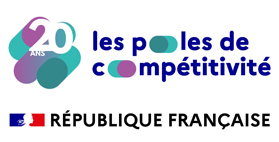

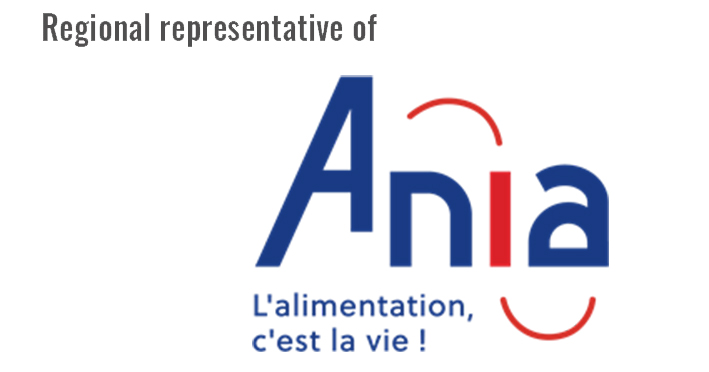


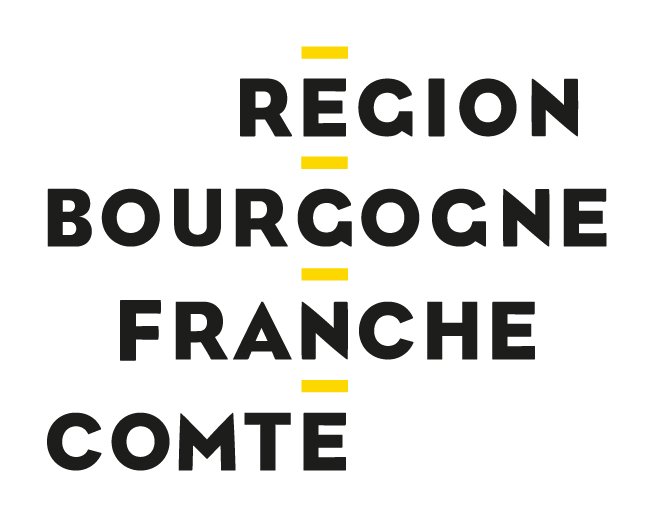
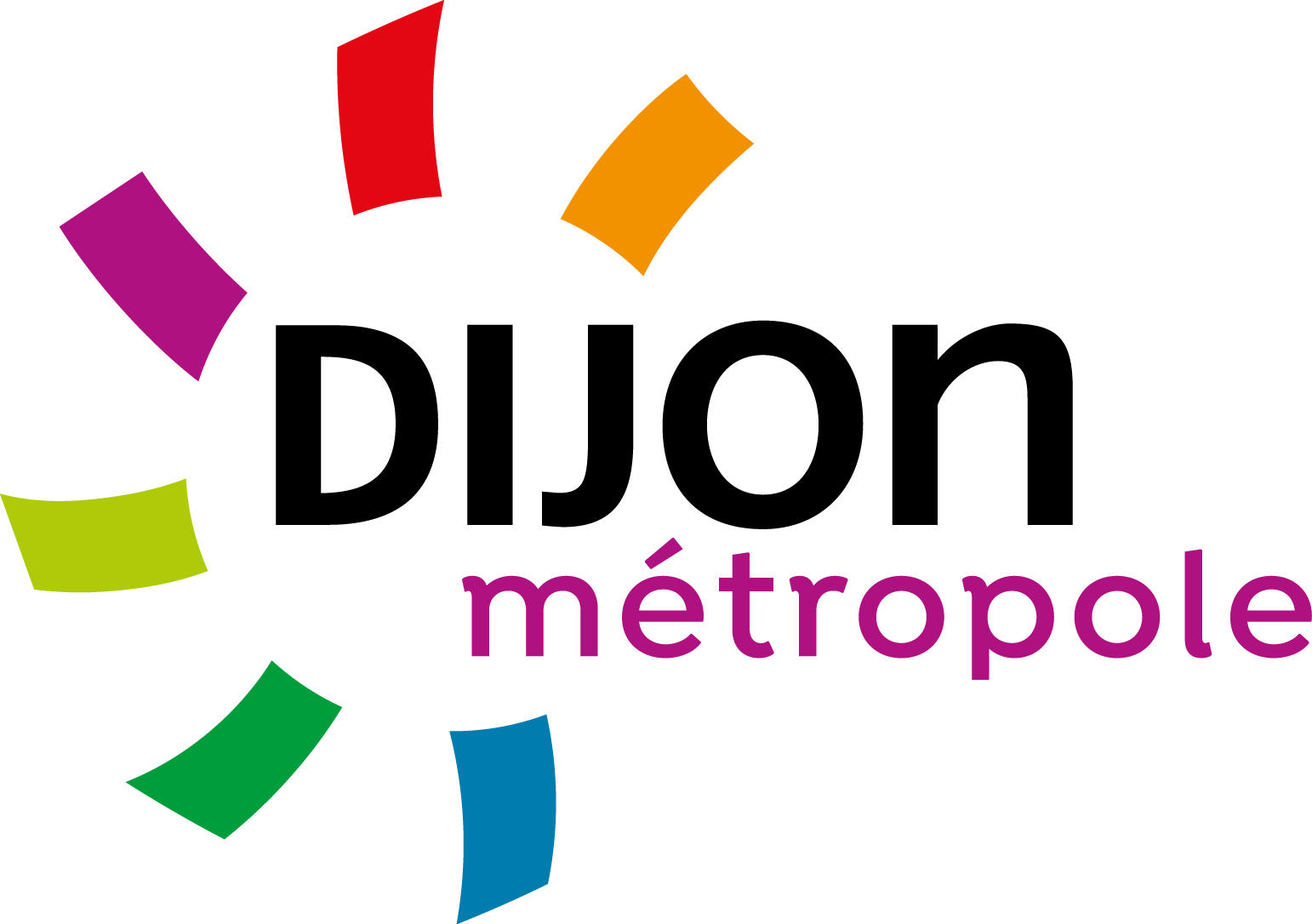









Share your opinion